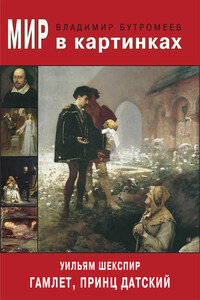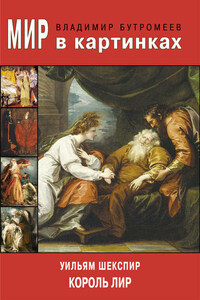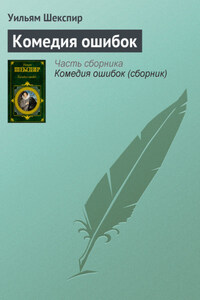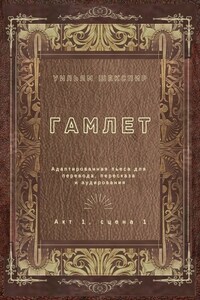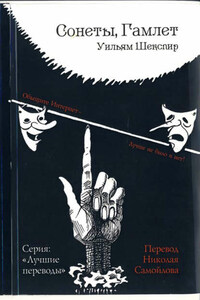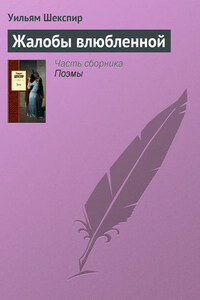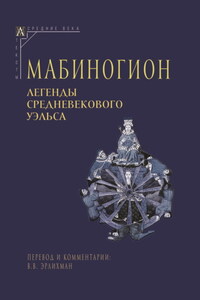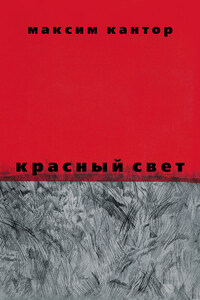Elsinore. A platform before the Castle.
Enter two Sentinels-[first,] Francisco, [who paces up and down at his post; then] Bernardo, [who approaches him].
Bernardo. Who's there?
Francisco. Nay, answer me. Stand and unfold yourself.
Bernardo. Long live the King!
Francisco. Bernardo? 5
Bernardo. He.
Francisco. You come most carefully upon your hour.
Bernardo. 'Tis now struck twelve. Get thee to bed, Francisco.
Francisco. For this relief much thanks. 'Tis bitter cold,
And I am sick at heart. 10
Bernardo. Have you had quiet guard?
Francisco. Not a mouse stirring.
Bernardo. Well, good night.
If you do meet Horatio and Marcellus,
The rivals of my watch, bid them make haste. 15
Enter Horatio and Marcellus.
Francisco. I think I hear them. Stand, ho! Who is there?
Horatio. Friends to this ground.
Marcellus. And liegemen to the Dane.
Francisco. Give you good night. 20
Marcellus. O, farewell, honest soldier.
Who hath reliev'd you?
Francisco. Bernardo hath my place.
Give you good night. Exit.
Marcellus. Holla, Bernardo! 25
Bernardo. Say-
What, is Horatio there ?
Horatio. A piece of him.
Bernardo. Welcome, Horatio. Welcome, good Marcellus.
Marcellus. What, has this thing appear'd again to-night? 30
Bernardo. I have seen nothing.
Marcellus. Horatio says 'tis but our fantasy,
And will not let belief take hold of him
Touching this dreaded sight, twice seen of us.
Therefore I have entreated him along, 35
With us to watch the minutes of this night,
That, if again this apparition come,
He may approve our eyes and speak to it.
Horatio. Tush, tush, 'twill not appear.
Bernardo. Sit down awhile, 40
And let us once again assail your ears,
That are so fortified against our story,
What we two nights have seen.
Horatio. Well, sit we down,
And let us hear Bernardo speak of this. 45
Bernardo. Last night of all,
When yond same star that's westward from the pole
Had made his course t' illume that part of heaven
Where now it burns, Marcellus and myself,
The bell then beating one- 50
Enter Ghost.
Marcellus. Peace! break thee off! Look where it comes again!
Bernardo. In the same figure, like the King that's dead.
Marcellus. Thou art a scholar; speak to it, Horatio.
Bernardo. Looks it not like the King? Mark it, Horatio. 55
Horatio. Most like. It harrows me with fear and wonder.
Bernardo. It would be spoke to.
Marcellus. Question it, Horatio.
Horatio. What art thou that usurp'st this time of night
Together with that fair and warlike form 60
In which the majesty of buried Denmark
Did sometimes march? By heaven I charge thee speak!
Marcellus. It is offended.
Bernardo. See, it stalks away!
Horatio. Stay! Speak, speak! I charge thee speak! 65
Exit Ghost.
Marcellus. 'Tis gone and will not answer.
Bernardo. How now, Horatio? You tremble and look pale.
Is not this something more than fantasy?
What think you on't? 70
Horatio. Before my God, I might not this believe
Without the sensible and true avouch
Of mine own eyes.
Marcellus. Is it not like the King?
Horatio. As thou art to thyself. 75
Such was the very armour he had on
When he th' ambitious Norway combated.
So frown'd he once when, in an angry parle,
He smote the sledded Polacks on the ice.
'Tis strange. 80
Marcellus. Thus twice before, and jump at this dead hour,
With martial stalk hath he gone by our watch.
Horatio. In what particular thought to work I know not;
But, in the gross and scope of my opinion,
This bodes some strange eruption to our state. 85
Marcellus. Good now, sit down, and tell me he that knows,
Why this same strict and most observant watch
So nightly toils the subject of the land,
And why such daily cast of brazen cannon
And foreign mart for implements of war; 90
Why such impress of shipwrights, whose sore task
Does not divide the Sunday from the week.
What might be toward, that this sweaty haste
Doth make the night joint-labourer with the day?
Who is't that can inform me? 95
Horatio. That can I.
At least, the whisper goes so. Our last king,
Whose image even but now appear'd to us,
Was, as you know, by Fortinbras of Norway,
Thereto prick'd on by a most emulate pride, 100
Dar'd to the combat; in which our valiant Hamlet
(For so this side of our known world esteem'd him)
Did slay this Fortinbras; who, by a seal'd compact,
Well ratified by law and heraldry,
Did forfeit, with his life, all those his lands 105
Which he stood seiz'd of, to the conqueror;
Against the which a moiety competent
Was gaged by our king; which had return'd
To the inheritance of Fortinbras,
Had he been vanquisher, as, by the same cov'nant 110
And carriage of the article design'd,
His fell to Hamlet. Now, sir, young Fortinbras,
Of unimproved mettle hot and full,
Hath in the skirts of Norway, here and there,
Shark'd up a list of lawless resolutes, 115
For food and diet, to some enterprise
That hath a stomach in't; which is no other,
As it doth well appear unto our state,
But to recover of us, by strong hand
And terms compulsatory, those foresaid lands 120
So by his father lost; and this, I take it,
Is the main motive of our preparations,
The source of this our watch, and the chief head
Of this post-haste and romage in the land.

